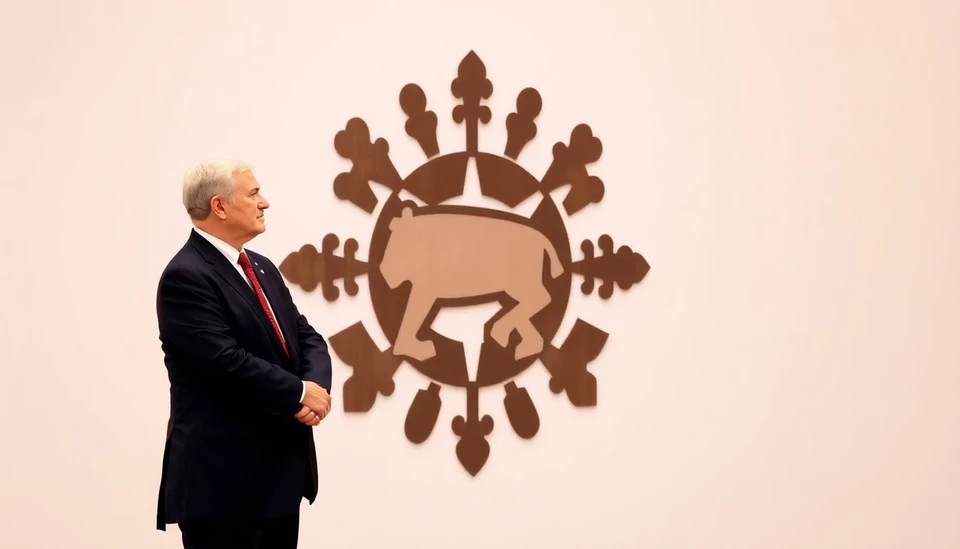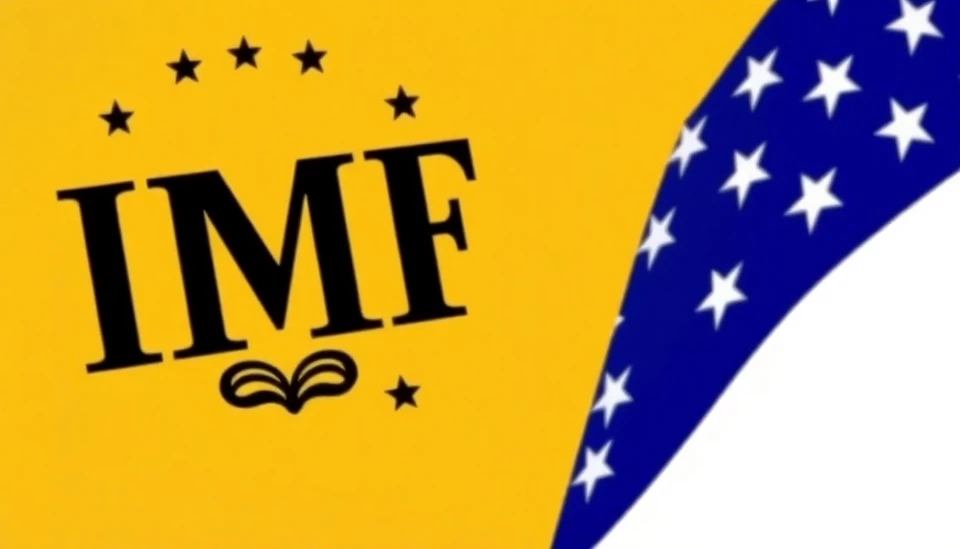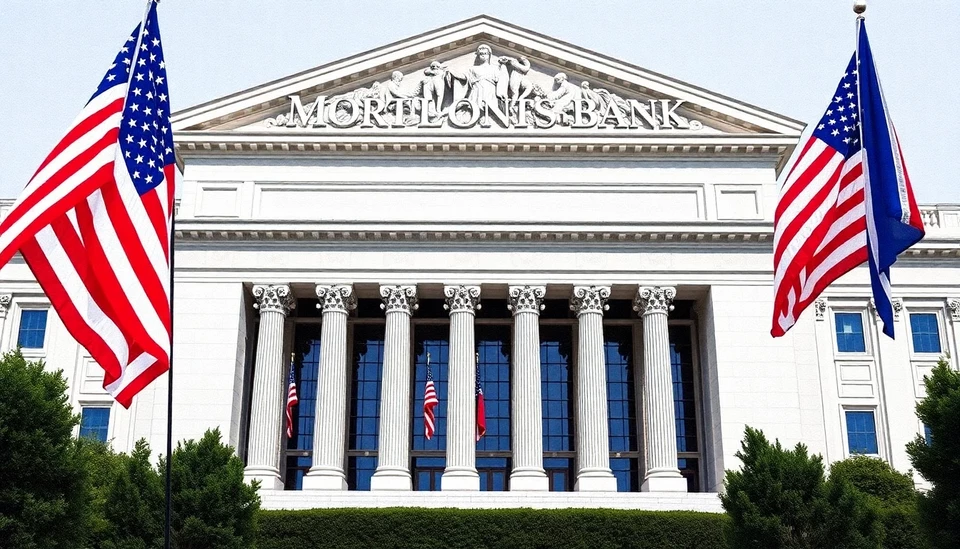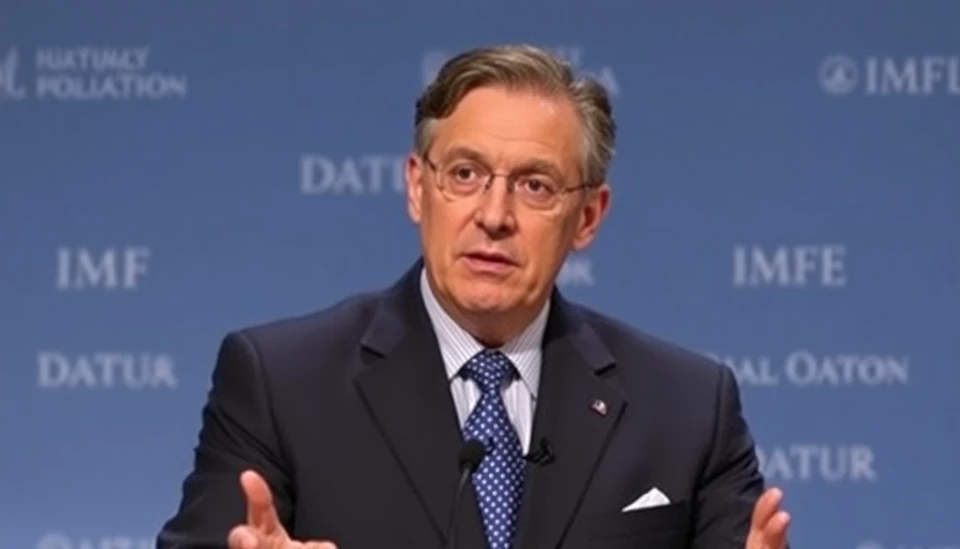
In a recent commentary, the Managing Director of the International Monetary Fund (IMF), Kristalina Georgieva, has issued a stark warning regarding the ongoing uncertainty surrounding global tariff policies. According to Georgieva, this unpredictability poses a significant threat to worldwide economic expansion, casting a shadow over investment decisions and trade dynamics.
Georgieva pointed out that as countries grapple with fluctuating tariff structures, businesses across the globe are becoming increasingly hesitant to engage in long-term investments. This reluctance is particularly pronounced in sectors that depend heavily on cross-border supply chains. The uncertainty surrounding tariffs not only affects pricing strategies but also limits the operational flexibility that companies need to thrive in a competitive market.
Amid these challenges, Georgieva emphasized the urgent need for nations to work collaboratively in reducing trade barriers. She highlighted that stable and transparent trade policies are vital for fostering a conducive environment for investment and growth. The IMF chief noted that without such cooperation, the global economy risks stagnation, affecting overall prosperity as well as the livelihoods of millions.
Adding to her concerns, Georgieva remarked on the potential impact of geopolitical tensions and protectionist measures that exacerbate the tariff landscape. She associated these issues with a broader trend of declining globalization, which she believes could further impede economic recovery efforts worldwide.
Georgieva’s comments arrive as countries are grappling with the ramifications of recent trade policies and negotiations, which have seen shifts in tariffs that can disrupt economic stability. With a call for clarity and consistency in trade agreements, she encourages nations to prioritize cooperation over conflict in hopes of achieving a more resilient future for the global economy.
Ultimately, the IMF chief's caution serves as a crucial reminder of the interconnectedness of global economies and the significant role that trade policies play in shaping economic trajectories. If left unaddressed, she warns that the risks associated with tariff uncertainty could escalate, posing greater challenges for global leaders striving for sustainable growth.
As the dialogue surrounding trade continues, the IMF remains vigilant in monitoring the situation, advocating for policies that promote fiscal health and economic stability across nations.
In conclusion, Georgieva's insights highlight the pressing need for countries to navigate through tariff uncertainties with a unified approach to avert potential adverse effects on global economic growth.
#IMF #TariffUncertainty #GlobalGrowth #Georgieva #TradePolicy #EconomicRisk #Investment #Protectionism #Cooperation
Author: Daniel Foster




